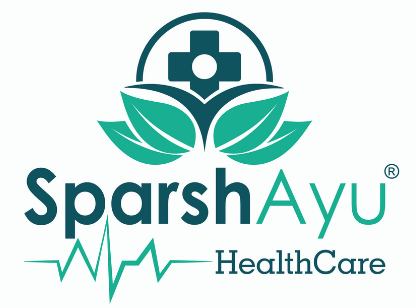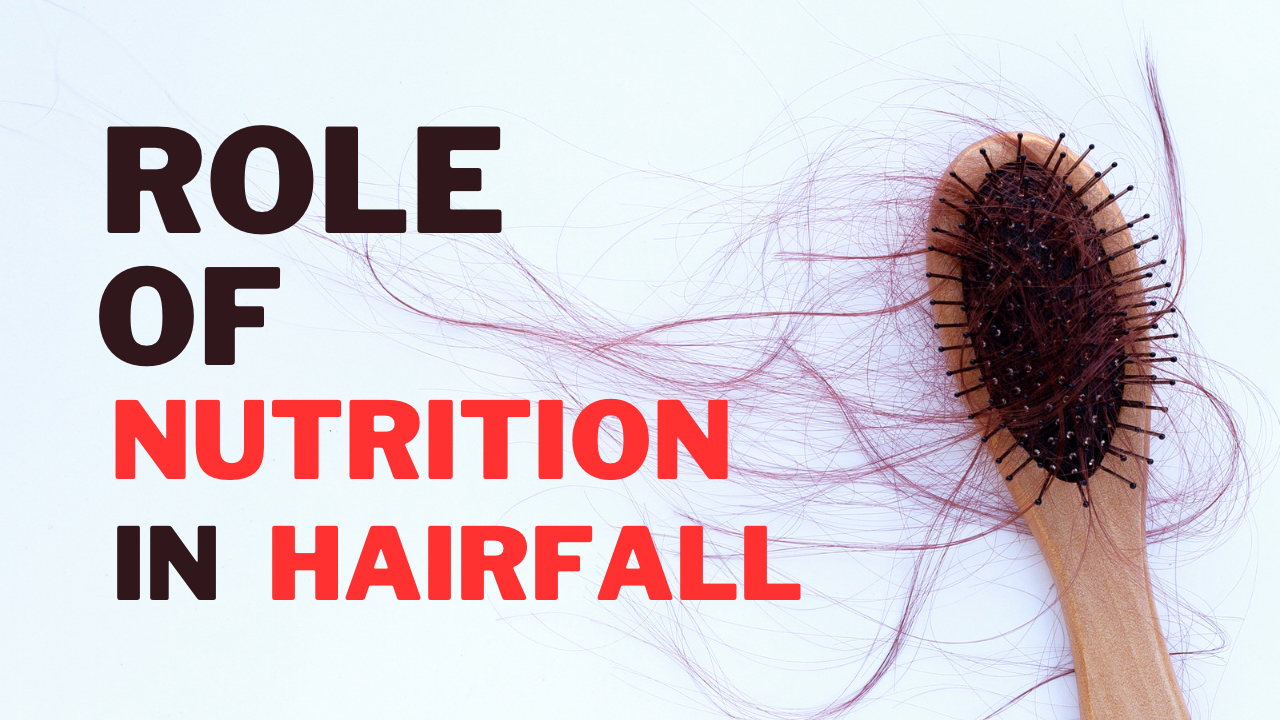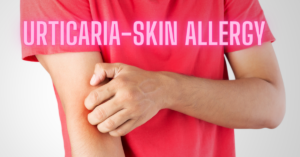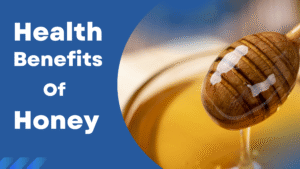Hairfall, or hair loss, can be a distressing experience for both men and women. Whether it’s due to genetics, hormonal imbalances, age-related factors, or nutritional deficiencies, the impact on one’s self-esteem and overall well-being can be significant. Understanding the various causes and prevalence of hairfall is crucial in addressing the issue, and nutrition plays a vital role in maintaining healthy hair.
Hairfall: Causes, Types, and Prevalence
- Genetics, Hormonal Imbalances, and Age-Related Hairfall : Genetics, along with hormonal imbalances and aging, are common contributors to hairfall. Inherited genes can make individuals more susceptible to hair loss, while hormonal imbalances, such as those occurring during pregnancy or menopause, can trigger excessive shedding. Additionally, as we age, the natural hair growth cycle slows down, leading to increased hair loss.
- Nutritional Deficiencies and Hairfall : Nutritional deficiencies, such as inadequate intake of vital nutrients, play a significant role in hair loss. Micronutrients like vitamins, minerals, and macronutrients like protein and healthy fats are essential for maintaining healthy hair. When these nutrients are lacking, hair follicles may become weak, leading to hairfall.
- Stress, Lifestyle, and Other Factors Affecting Hair Health : Stress, unhealthy lifestyle choices, and certain medical conditions can also impact the health of our hair. Poor nutrition, smoking, excessive alcohol consumption, and lack of physical activity can all contribute to hair loss. Moreover, conditions like thyroid disorders, scalp infections, and autoimmune diseases may further exacerbate the problem.
Role of Nutrition in Hair Health
- Key Nutrients for Healthy Hair Growth : Proper nutrition is crucial for maintaining healthy hair. Some key nutrients that promote hair growth and prevent hairfall include protein, healthy fats, vitamins (particularly A and Biotin), and minerals like iron and zinc.
- Link between Nutritional Deficiencies and Hairfall : Nutritional deficiencies can lead to weak and brittle hair, as well as excessive hairfall. Inadequate protein intake, for example, can affect the strength and structure of hair strands, while deficiencies in vitamins and minerals can hinder hair growth and disrupt the natural hair cycle.
- The Science Behind How Nutrition Nurtures Your Hair : Nutrients obtained from a balanced diet are essential for the production of keratin, the main structural protein in hair. Protein provides the building blocks for hair growth, while vitamins and minerals support various functions, such as sebum production, strengthening hair structure, and promoting healthy hair follicles.
Debunking Common Hairfall Myths
- Myth: Frequent Hair Washing Causes Hairfall – Contrary to popular belief, washing your hair frequently does not directly cause hairfall. In fact, maintaining a clean and healthy scalp through regular washing promotes overall hair health by preventing the accumulation of dirt, oils, and product buildup that can clog hair follicles.
- Myth: Frequent Haircuts Prevent Hairfall – While regular haircuts may help maintain the appearance of healthy hair by preventing split ends and breakage, they do not directly prevent hairfall. Hair growth occurs at the scalp, and trimming the ends of the hair does not affect the growth process or reduce hair loss.
- Myth: Blow-Drying and Styling Tools Lead to Hair Loss – It is a common misconception that using blow dryers and styling tools directly cause hair loss. However, excessive heat and overuse of such tools can damage the hair shaft and make it more susceptible to breakage. Proper heat protection and moderation in styling practices are key to minimizing damage and preserving hair health.
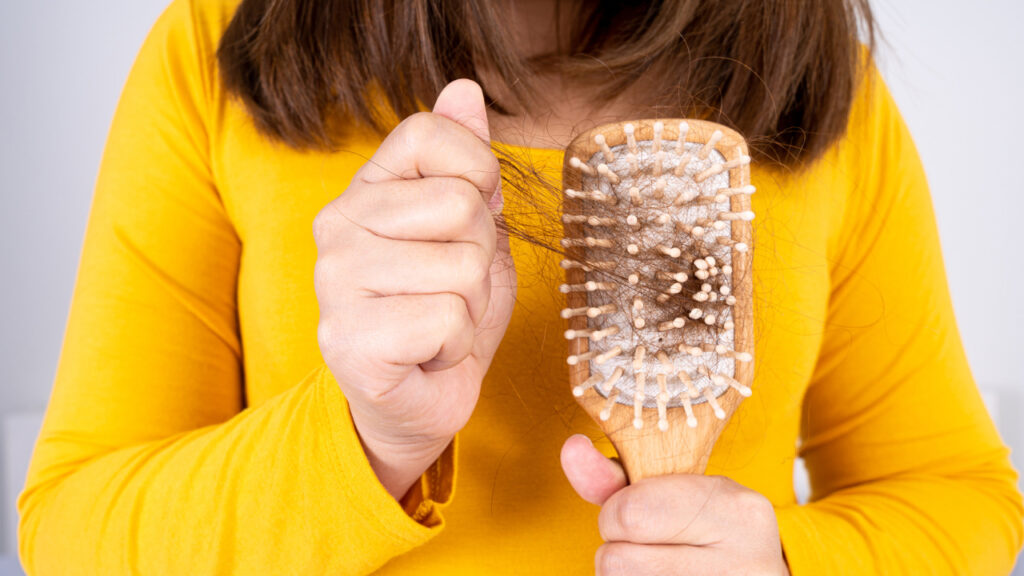
Essential Nutrients for Strong and Lustrous Hair
To support healthy hair growth and prevent hairfall, it is crucial to nourish your body with essential nutrients. These include protein, healthy fats, and a variety of vitamins and minerals.
Protein: The Building Block of Hair
- Understanding the Role of Protein in Hair Growth : Protein is a vital nutrient for hair growth as it provides the necessary amino acids that form the building blocks of keratin, the protein that makes up hair strands. Ensuring an adequate intake of high-quality protein is crucial for maintaining strong and healthy hair.
- Dietary Sources of Protein for Healthy Hair : Include protein-rich foods in your diet such as lean meats, poultry, fish, eggs, dairy products, legumes, nuts, and seeds. Incorporating a variety of these protein sources into your meals ensures a diverse range of amino acids, which is essential for optimal hair health.
- Daily Protein Intake Recommendations for Hair Health – The daily protein intake for healthy hair maintenance varies depending on factors such as age, sex, and activity level. As a general guideline, aim for 0.8 grams of protein per kilogram of body weight. However, consult with a healthcare professional or a registered dietitian to determine the specific protein requirements that best suit your needs.
Healthy Fats: Revitalizing Your Hair from Within
- Omega-3 Fatty Acids and Their Impact on Hair Growth : Omega-3 fatty acids play a crucial role in promoting hair growth and reducing hairfall. These healthy fats nourish the hair follicles, improve scalp health, and enhance hair luster and texture. Incorporating omega-3-rich foods into your diet can contribute to stronger, healthier hair.
- Incorporating Good Fats into Your Diet for Nourished Hair : Include foods rich in healthy fats, such as fatty fish (like salmon and mackerel), avocado, nuts, seeds, and olive oil, into your diet. These fats provide essential nutrients and contribute to optimal hair health.
- Balancing Fat Intake for Optimal Hair Maintenance : While healthy fats are beneficial for hair health, it is important to consume them in moderation as part of a well-rounded diet. Excessive fat intake can lead to weight gain and other health issues, which may indirectly affect hair health.
Vitamins and Minerals: The Hair Health Powerhouses
- Vitamin A: Enhancing Sebum Production for Healthy Hair – Vitamin A is essential for maintaining a healthy scalp and promoting sebum production, which nourishes the hair strands. Good sources of vitamin A include carrots, sweet potatoes, spinach, kale, and liver.
- Biotin: Strengthening Hair Structure and Encouraging Growth – Biotin, also known as vitamin B7, is vital for maintaining strong and healthy hair. It strengthens the hair structure, promotes hair growth, and helps prevent hair breakage. Food sources rich in biotin include eggs, nuts, seeds, sweet potatoes, and salmon.
- Iron and Zinc: Promoting Proper Hair Follicle Function – Iron and zinc are minerals that play crucial roles in maintaining healthy hair follicles. Iron deficiency can lead to hair loss, while zinc deficiency can affect the proper functioning of hair follicles. Incorporate iron-rich foods like lean meats, legumes, and leafy greens, as well as zinc-rich foods like oysters, beef, pumpkin seeds, and whole grains, into your diet.
Nutritional Strategies for Preventing Hairfall
Achieving and maintaining healthy hair goes beyond consuming specific nutrients. It involves adopting a well-rounded diet, planning nutritious meals, and incorporating lifestyle factors that complement one’s nutritional efforts.
A Well-Rounded Diet for Stronger Tresses
- Embracing a Balanced and Varied Food Selection : Opt for a diverse range of foods from different food groups, including whole grains, lean proteins, fruits, vegetables, dairy or dairy alternatives, and healthy fats. A well-balanced diet provides a wide array of nutrients necessary for optimal hair health.
- The Role of Whole Grains, Lean Proteins, and Vegetables : Whole grains, like quinoa and brown rice, provide complex carbohydrates, fiber, and essential nutrients that support hair health. Lean proteins, such as chicken, turkey, tofu, and legumes, provide the necessary amino acids for hair growth. Incorporate a variety of colorful vegetables to ensure a wide range of vitamins and minerals.
- Incorporating Nutrient-Dense Foods into Your Daily Meals : Include nutrient-dense foods like berries, leafy greens, nuts, seeds, and oily fish into your daily meals. These foods are rich in antioxidants, vitamins, and minerals that promote healthy hair growth.
Meal Planning for Optimal Hair Health
- Nutritious Breakfast Ideas to Support Hair Growth : Start your day with a nutrient-rich breakfast that incorporates foods like Greek yogurt, berries, chia seeds, and whole grain toast. This provides a combination of proteins, vitamins, and minerals necessary for strong and lustrous hair.
- Lunch and Dinner Recipes Rich in Essential Hair Nutrients : Prepare well-balanced meals that contain a source of lean protein, such as grilled chicken or fish, paired with whole grains like quinoa or brown rice, and plenty of vegetables. This combination ensures a variety of essential nutrients for healthy hair.
- Smart Snack Options for Healthy Hair Maintenance : Choose smart snacks that provide a nutrient boost throughout the day. Snack on foods like nuts, seeds, Greek yogurt, or carrot sticks with hummus. These snacks are not only delicious but also packed with vitamins, minerals, and healthy fats to support your hair health.
Lifestyle Factors that Complement Nutritional Efforts
- Stress Management: Reducing Its Impact on Hairfall : Chronic stress can contribute to hair loss. Engage in stress-reducing activities such as meditation, yoga, or hobbies to minimize its impact on your hair health. Adequate sleep and regular relaxation practices also play a crucial role in maintaining healthy hair.
- Adequate Hydration: Keeping Your Hair Moisturized : Stay hydrated by drinking sufficient water throughout the day. Hydration is key to maintaining healthy hair, as it helps transport nutrients to the hair follicles and keeps the scalp moisturized. Aim to drink at least 8 glasses of water a day.
- Importance of Regular Exercise for Optimal Hair Health : Regular exercise promotes healthy blood circulation, which helps deliver essential nutrients to the scalp and hair follicles. Engage in activities like brisk walking, jogging, or cycling to improve overall blood flow and support hair health.
Conclusion
Nutrition plays a vital role in preventing hairfall and promoting healthy hair growth. By understanding the causes of hairfall, the importance of key nutrients, and how to incorporate them into your diet, you can take proactive steps towards maintaining lustrous and strong locks. Adopting a well-rounded diet, meal planning with nutrient-dense foods, and embracing a healthy lifestyle are all essential for optimal hair health.
To consult with Ayurvedic Health Expert , just book an Appointment at +91 8256003636
